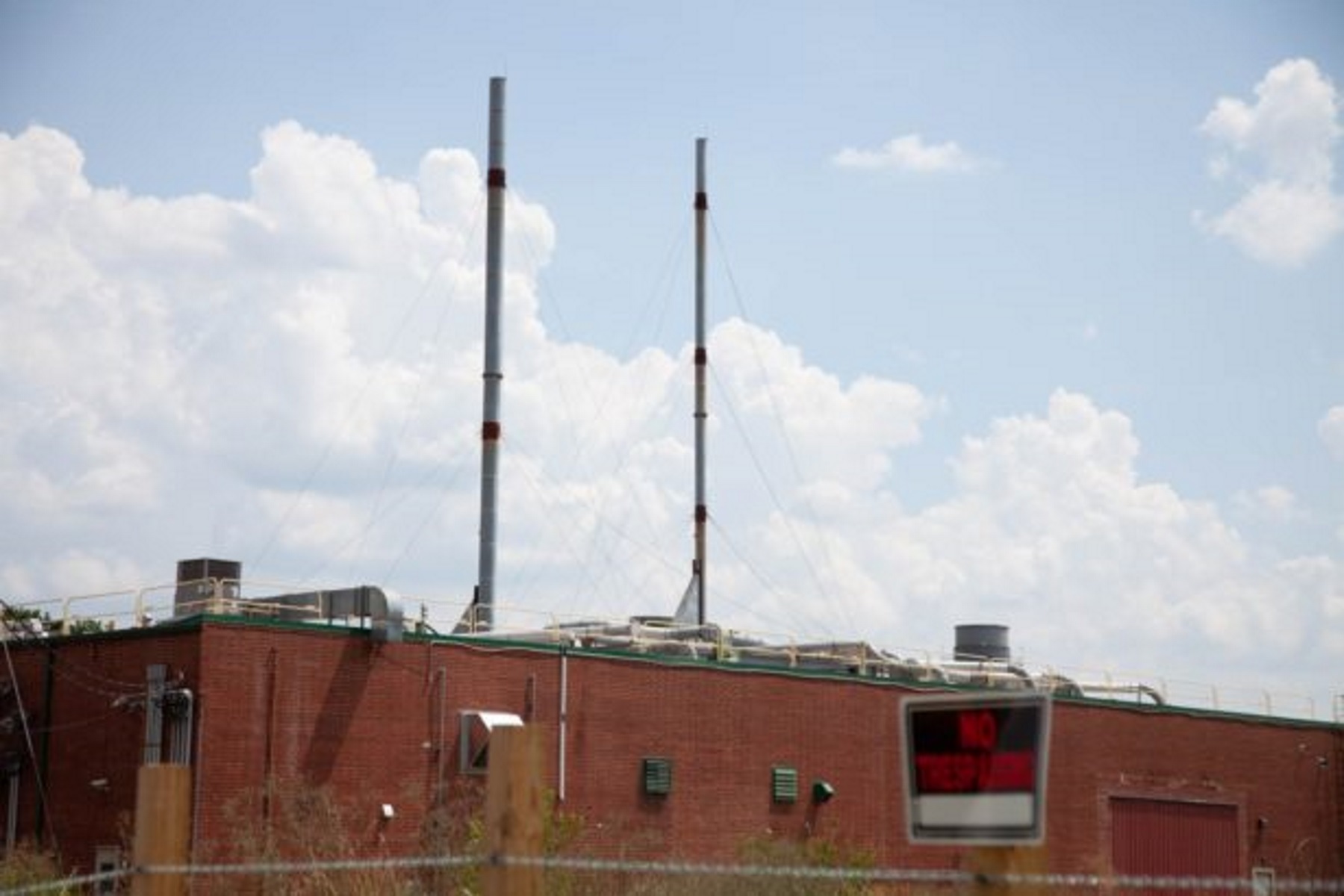Brenda Goodman is a senior news writer for WebMD. Andy Miller is editor and CEO of Georgia Health News.
A Smyrna medical sterilization plant at the center of a controversy over toxic pollution will remain closed until the company meets new safety standards, Cobb County officials say.
The Sterigenics facility, which sterilizes medical supplies with ethylene oxide, had been temporarily shut down while doing construction to reduce its emissions of the cancer-causing gas. Those changes were initially expected to take roughly a month.
The decision by Cobb County means the plant in Smyrna, just northwest of Atlanta, may be shut down for much longer than the company anticipated.
The county sent a letter Tuesday to attorneys representing Sterigenics, saying that because the Smyrna facility is now classified as “high hazard,’’ additional safety controls are required. It also said that Sterigenics’ current construction work must stop.
Sterigenics had recently worked on upgrades to the sterilization plant, as outlined under a consent order with the state of Georgia.
Local residents and government officials have been questioning the safety of the sterilization process since a July report from WebMD and Georgia Health News identified three metro Atlanta census tracts in EPA data as having an elevated cancer risk from air pollution, largely driven by ethylene oxide.
Two of the tracts are in the Smyrna area. The third is in Covington, about a half-hour east of Atlanta, where another medical sterilization facility, run by BD, uses ethylene oxide. The EPA classified the chemical as a cancer-causing substance in 2016.
Because of the recent “high hazard’’ classification, the Sterigenics construction permit now “remains on hold,’’ said the letter from Brian Johnson, a senior associate attorney for Cobb County. The Smyrna plant had been classified as “storage’’ prior to a determination by Cobb officials that its status should change.
Until review by a selected technical expert and county officials is completed, “Sterigenics is not permitted to engage in construction or sterilization operations at its Cobb County facility,’’ the letter stated.
The letter comes a day after the company announced that it was permanently shutting down its operations in Willowbrook, Illinois, a suburb of Chicago, amid a groundswell of political and community opposition. It also used ethylene oxide gas for sterilization.
Sterigenics said Monday that it is shifting its Chicago-area business to other facilities, adding that “unfortunately, inaccurate and unfounded claims regarding Sterigenics and the unstable legislative and regulatory landscape in Illinois have created an environment in which it is not prudent to maintain these critical sterilization operations in Willowbrook.’’
Responding to the Cobb County letter, Sterigenics issued a statement that said the company “has always operated with a focus on safety and is committed to completing the voluntary enhancements at our Atlanta facility to further reduce ethylene oxide emissions below already safe levels.’’
“We continue to engage with officials regarding the process to resume operations,’’ the statement said. “We have made significant progress in completing the necessary construction to implement the enhancements approved by the Georgia EPD. The sterilization of vital medical products and devices at our Atlanta facility is critical to keeping patients safe and extended delay in resuming those operations places patient safety at risk.”
Tony Adams, a member of the activist group Stop Sterigenics – Georgia, said Wednesday that the tougher Cobb County restrictions are “good news.”
A facility shutdown in Smyrna similar to the one in Willowbrook “is the outcome we want,’’ Adams said.
The sterilizing industry, he said, should move plants using ethylene oxide to nonpopulated areas, and also push to use alternatives to the toxic gas.
A spokesman for the state Environmental Protection Division said Wednesday that the safety review “is a Cobb County matter.”
The Cobb attorney’s letter said that the county will give Sterigenics a list of several qualified technical experts who can review the company’s facility renovations and plans. The company will then be able to select one expert from that list to analyze the Smyrna facility situation.
“This critical regulatory review cannot be rushed or haphazardly conducted,’’ the Cobb letter said. “In deference to public safety and the best interests of Cobb County residents, we will take the necessary steps to ensure compliance with various, highly technical building and fire codes.”
This article was originally published on the Georgia Health News website










